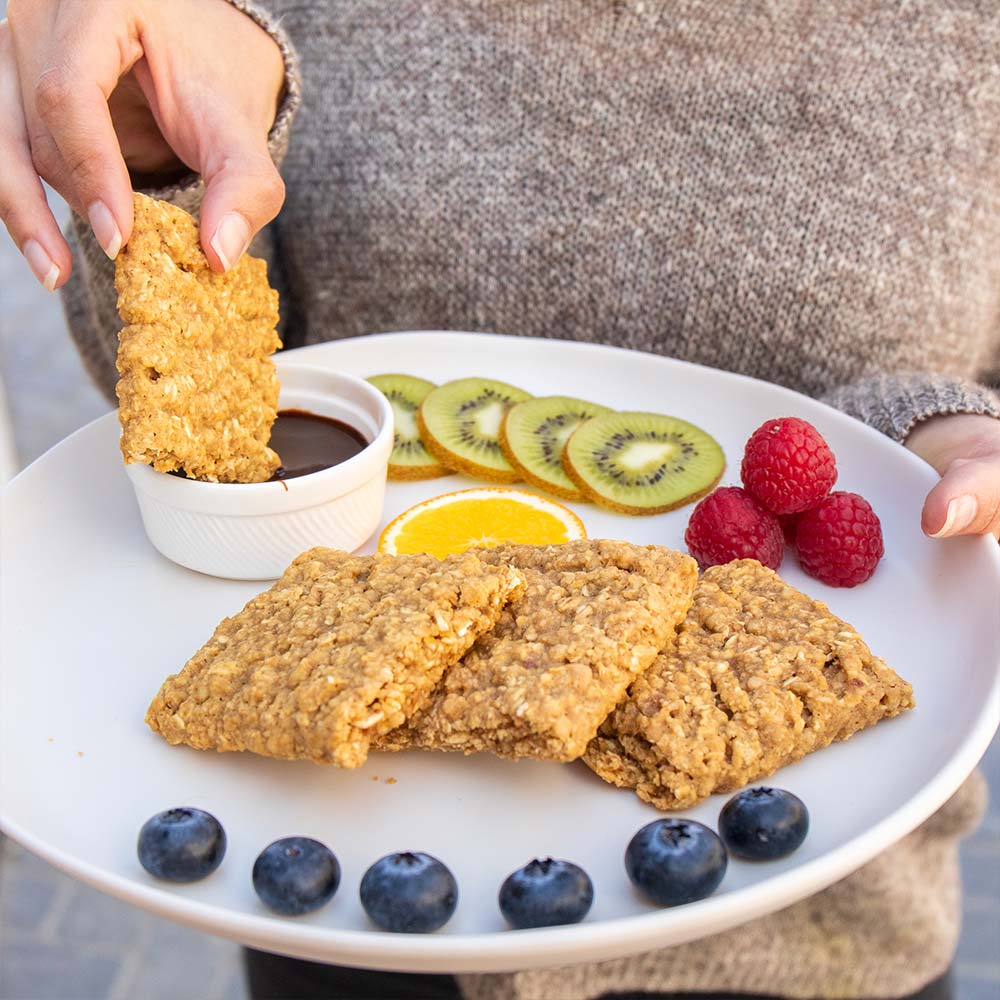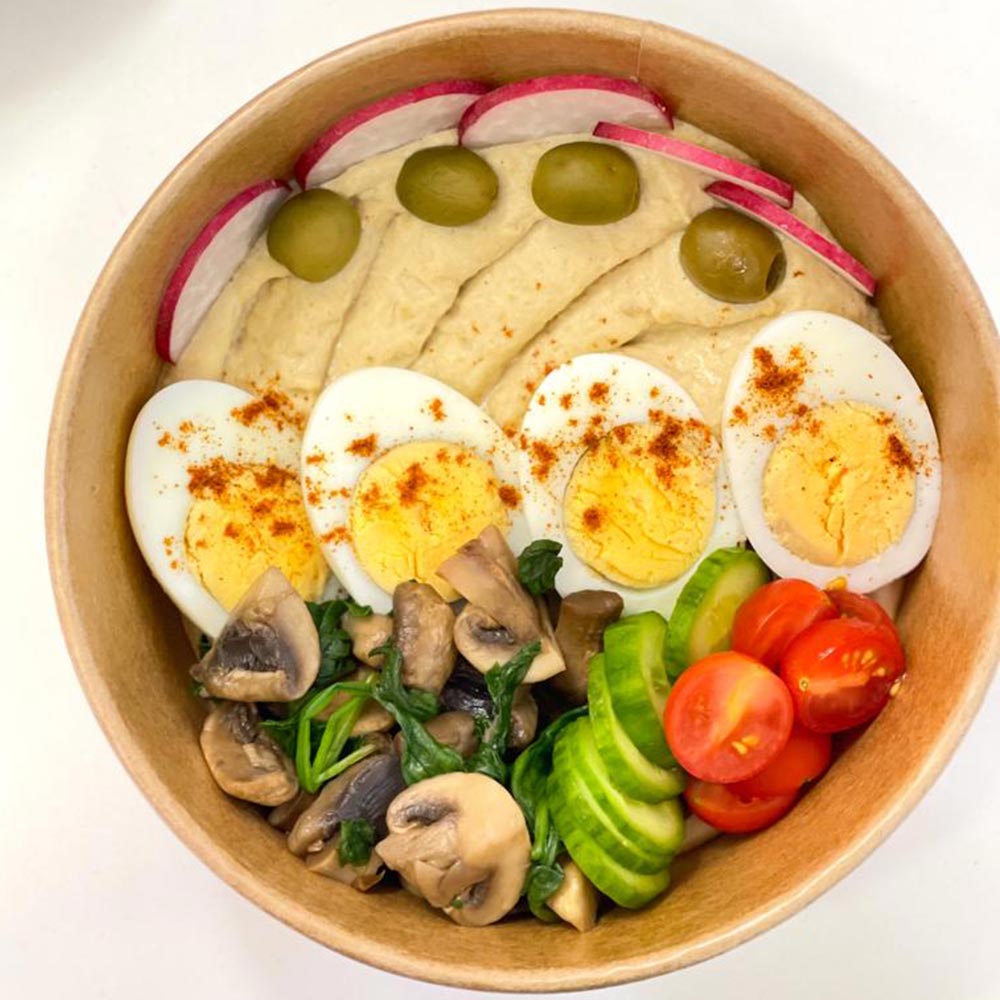Planning for meals is very important in general and even more
so at present living in Dubai where the options of meals are nearly endless.
Designing the best food plan in
Dubai means that attention should be paid to the principles of the proper
diet, the possibilities of organizing food within the context of the specific
environment, as well as individual needs. But every person, no matter how noble
the goals are, can be enticed by or unknowingly rely on these seven behaviors
that weaken effort. Below, we highlight five common pitfalls to watch out for
when designing your eating plan and how to make yours healthier and more
balanced.
1. Lack of Proportional Consumption
Another common mistake that many people gravely make when it
comes to planning their meals is a relative imbalance of the food they intend
to take. These should be taken in the right quantities of; carbohydrates,
proteins, fats, vitamins and minerals. These are problems arising from a
situation where a group of foods is consumed to the exclusion of others or a
particular group of foods is not consumed at all.
For some time now, it has become fashionable to embrace a
low-carb diet that is meant to help people lose weight and gain muscle mass in
record time. Restriction of carbs is useful in the short run, but it can cause
loss of energy, and temper, and give one a poor health status if done
inappropriately. To help you understand which diet plan is good for you and
which one is bad for you, avoid trying to knock out an entire food group and
decide on a diet that includes all foods to achieve the balance of nutrients
your body requires.
Tip: The guidelines that can be used include the plate
method. Vegetables and fruits should take fifty per cent of your plate while
lean protein takes twenty-five per cent and whole grain the remaining twenty-five
per cent. This method makes certain that your meals contain the right and
adequate nutrients that your body needs.
2. Overlooking Portion Control
Meal planning is a very important aspect of nutrition that
is rarely given adequate consideration, particularly portion control. It also
showed that you can even gain weight when you are consuming healthy foods since
they contain energy densities. Knowledge of how much one should eat of the
various food groups can go a long way in helping one avoid taking more than the
required amount thus keeping off diseases related to excess weight.
Portion control can be a challenge to most people,
particularly if they are either in a restaurant or cooking at home. In Dubai
for instance, restaurants serve large portion sizes, this not only leads to
taking more than the recommended amount of calories. To prevent this, try using
small plates, portioning your food or paying attention to your hunger signs.
Other supports include putting away the extra food before one starts eating to
prevent the individual from going for more food.
Tip: Try and know the standard portion sizes for the
different foods that you’re likely to take. For example, a serving of meat
should be the size of a standard deck of cards and a serving of cooked pasta
should be in the palm of your hand. Reducing portion sizes is another major
factor in which a lot of calorie consumption can be influenced.
3. Failing to Plan for Snacks
We tend to picture snacking as a tiny aspect of our diet,
but it greatly influences the quality of our nutrition and vitality. Perhaps
one of the worst mistakes people make in their meal planning is not making
provisions for snacks meaning if hunger strikes in between meals, they have no
option but to take unhealthy snacks.
You would rather grab snacks like chips or cookies or take a
sip of several cups of soda than make a rational decision to take something
healthy when you are not prepared. Do not just focus on snacks that are
unhealthy and low in nutrients but are terrible for your health. Inserting some
snacks like nuts, yogurt, fruits or vegetables will help one avoid bulk eating
in between main meals.
Tip: Some snacks should be prepared in advance and packed in
little packs which can easily be consumed at a given time to avoid
overindulgence. It is common to give up on good healthy foods and switch to
unhealthy ones if they are not easily accessible or available at home.
4. Lack of Adherence to Diet Preference and Exclusion
One other mistake made when deciding the meals is the
inability to accommodate the meal plan to dietary necessities and restrictions.
Whether caused by allergies/intolerances, or individual decision-making such as
being a vegetarian/vegan, not considering these results in annoyance and makes
it challenging to remain on the meal plan.
For instance, if you are lactose intolerant and did not
consider this while planning your meals you may find yourself running around
looking for other products or end up struggling with digestion after meals.
Likewise in a family or when preparing a meal for any group of people, it is so
that you take a close look at all the people to have enjoyable and appropriate
meals.
Tip: Before you make out the meal plans it is important to
jot down all your dietary restrictions and preferences. This will assist in
choosing that recipe and healthier ingredients to cater for everyone’s needs
making it easy and less cumbersome to prepare meals.
5. Lack of Variety and Creativity
Sticking to the same meals day in and day out can become
rather monotonous thus the chances of abandoning the meal plan become rather
high. Lack of variation in eating not only makes food uninteresting but can also
lead to deficiencies in your foods especially if you’re a vegetarian.
It’s the circular law of dieting: no two meals should be the
same if you wish to have a healthy and interesting meal plan. One should not be
a routine eater, they should try out foods and make some switches on the kinds
of foods they take and even the ways they prepare them. And I think that being
in a city like Dubai, and there being so many possibilities for dishes, one
should not limit themselves to that kind of recipe.
Tip: Make an effort to cook something new or include a new
food into your diet in 7 days. Try and diversify meal types to avoid monotony
and make the meal exciting to prepare and consume. It will also enable you to
find new tastes of goods you never used to take a second look at.
Conclusion
Developing a sound diet in UAE - or any other city in the
world - is not a decision one takes lightly. Steering clear of these pitfalls
can help create better meal plans, improved nutrition, and healthier meal
options for you and yours.
Meal planning is not just about what you’re going to eat
today, tomorrow how often you are going to eat and what duck you are going to
eat Monday evening—that’s the ultimate model of planning when it comes to food.
It has Innovative approaches to healthy living, flexibility, mindful snacking,
portion control, and balance are crucial so that you can create a personalized
meal plan that will lead you to reach your goal successfully.
So, let it be clear, everybody, this is not an exact science
– in fact, the only rules for meal planning are the ability to think on your
feet and creativity. It is okay to be adventurous and willing to change your
plan as you go along and most importantly have fun preparing good food and
feeding yourself. If the right path is taken, meal planning can be enjoyable
and is one of the best ways to adopt a healthier lifestyle.






























